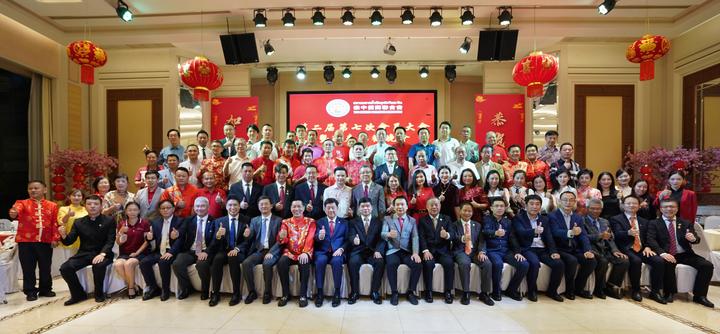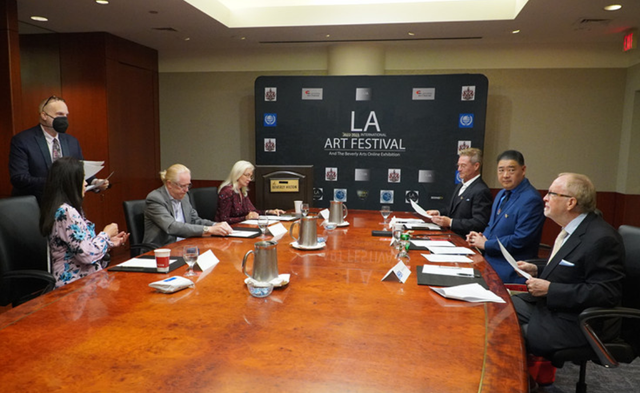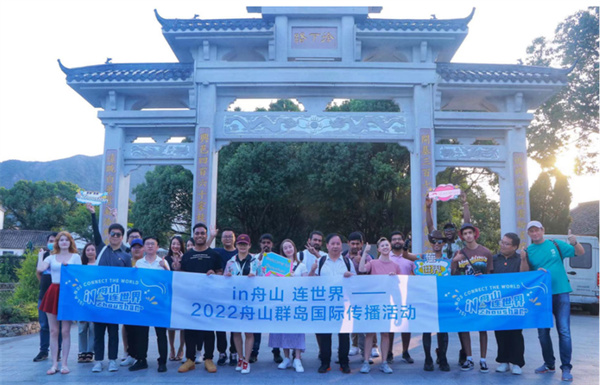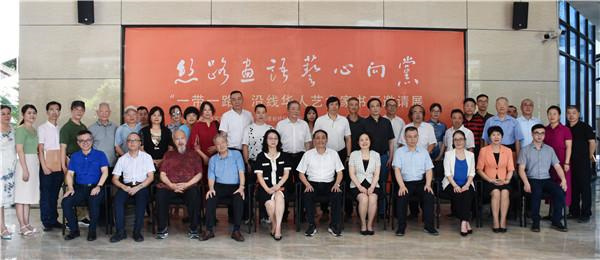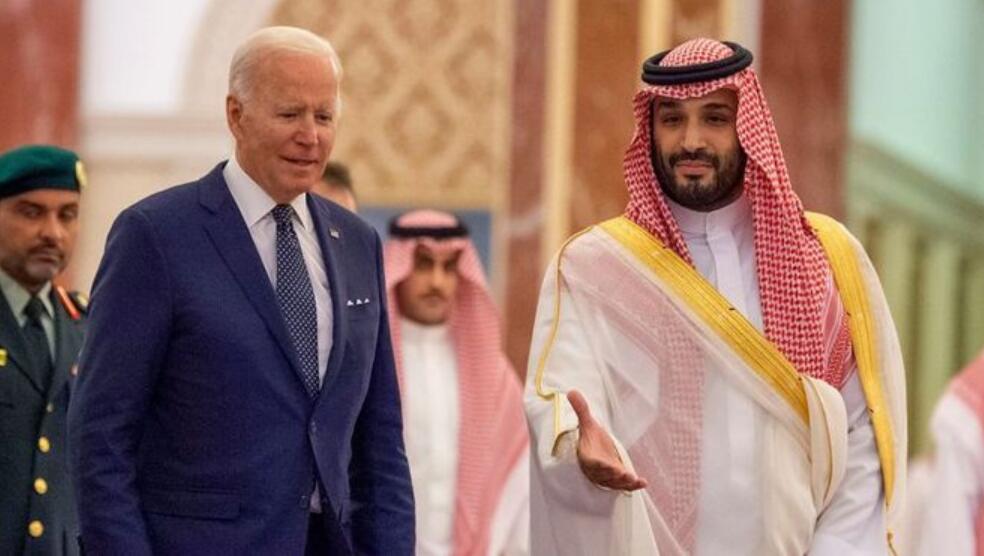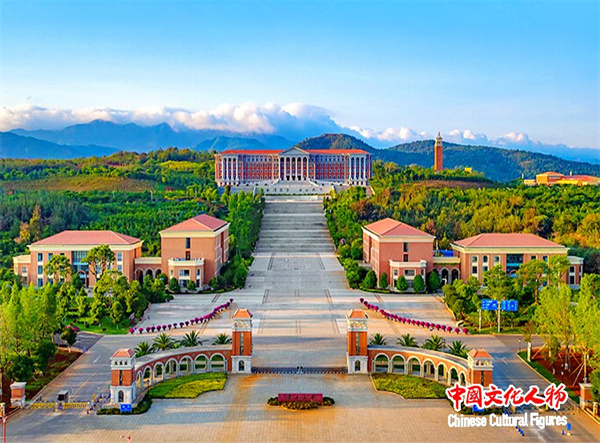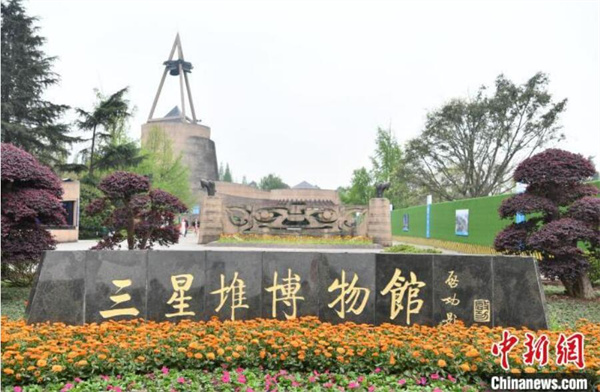With the downfall of yet another two senior officials, this time from Beijing and Shanghai, China"s anti-corruption drive has perhaps reached a tipping point: Corrupt officials above ministerial level have been found in all 31 provincial regions of the mainland. The Central Commission for Discipline Inspection named Ai Baojun, vice mayor of Shanghai and Lyu Xiwen, deputy Party chief in Beijing as suspects in back to back announcements this week. The news comes hot on the heels of the fifth plenary session of the 18th Communist Party of China (CPC) Central Committee, during which a record 10 members and alternate members of the central committee were expelled. While some see the campaign entering a new phase, Xin Ming, a professor with Party School of the CPC Central Committee, claimed the Party"s attitude towards corruption is clear-cut and is not changing: as long as there is corruption, the Party will act against it. The latest cases are nothing more than continuance of campaign, he said, and there is no need to read too much into them. In fact, there has never been a shortage of doubting voices about the anti-corruption drive. Back in April and May, when no major corrupt figure was found, some said the campaign had ground to a halt. Credit should be given to China"s graftbusters, whose ceaseless inspections have rooted out corrupt officials and eliminated any doubt that the campaign was just a lot of hot air. Just as a communique released after the plenary session put it, the successes of the campaign must be consolidated so that officials "do not want to be corrupt, do not dare to be corrupt, and could not be corrupt even if they wanted to be." Pessimists argue that corruption in China is systemic, too widespread to be contained and that only a selective crack-down can preserve able officials -- whether corrupt or not -- and let them continue their work. To some degree this is true. The fall of Ai, head of the Shanghai free trade area (FTA) -- a symbolic reform initiative -- has cast a shadow over the FTA. How can reform succeed if the FTA stewardship was riddled with holes from the start? The most recent meeting of the central leading group for reform, which came after Ai"s exposure as a crook, agreed to push the FTA strategy even harder. Reform cannot stop just because the anti-corruption drive is succeeding! No one should underestimate CPC"s determination to root out corruption. A new disciplinary regulation could be the first step to transforming the focus from locating corruption to preventing it: golf and gluttony are now disciplinary violations.
|


